Top brands share five trends that could disrupt packaging
Parksons Packaging and its board member and Padma Bhushan winner Vindi Banga confabulated with Sanjiv Mehta, managing director and CEO, Hindustan Lever, Manoj Kumar, managing director, Glaxo Smithkline and Anand Kripalu managing director and CEO, United Spirits.
The hour-long panel discussion on 24 February at the ITC Chola in Chennai after the inauguration of the Parksons Packaging factory at Sri City was an impressive show of soft power. It threw up a bunch of ideas which are worth mu
28 Feb 2017 | By Sriraam Selvam
A mindset shift from north to south and from the west to the east
There is a shift. And the three mantras for the shift are:
- There is a busload of people having more wealth than one billion three hundred million people. Now that is changing. An Ernst & Young report states India's workforce will grow to 900 million by 2020.
- Demographics benefits India. And the average youth age is 28-29. This community is much more confident than older generations. India thumps Australia in cricket. Anand thumps the Russians in chess. And Balaji Wafers, ITC and Prataap Snacks (Yellow Diamond) are market leaders who have taken on the might of PepsiCo India in the past few decades. Likewise the “Design-ness” from Patanjali Ayurved with toothpaste and honey is seen as a mix of authenticity and soft nationalism.

ITC gallery
- Indulgence was waste even for lower middle class families. Now this indulgence is acceptable. And it drives premium-isation at Rs 5. And so it was: premium shampoos to cookies, to premium milk food drinks and sanitary napkins in single-user packs.
Are you ready for the shift?
All three panellists doffed their hat to Indian Space Research Organisation (ISRO) ability to launch 104 satellites in a single mission. This, they felt was besides being a world record for launching most satellites at one go, was a metaphor which exemplified a mindset shift.
And so, the question they posed was: is your company ready for the shift?
Today, most companies fail at spurring innovation because there is a lack of entrepreneurial thinking in the top management and a senior level.
When What Packaging? spoke to brand owners during the PrintWeek India Jury Week almost all of them agree that the first principle of entrepreneurship is that one must be “hungry, very hungry.” But senior level tend to think of their own jobs, and embrace safety margins for decision making.
I recall ITC’s Sundrop. This was the first oil brand to be packaged and sold in a transparent PET jar.
This is the same ITC Limited - Packaging and Printing Division (Chennai) whose factory I visited last week. They produce the most beautiful cigarette packaging in their factory. And hence one wondered why the packaging development team took so long to market and sell Sundrop in a pouch pack like Flora and Postman.
A study has indicated that up-market Indian consumers are very conscious about the extra bucks they spend on a PET or plastic bottle. Which is why, mothers are happy to purchase up a carton pack of milk instead of the expensive bottle or tin.
That’s how Sundrop made a transition to the pouch pack and today, the brand is bestseller.

Inauguration of the CX 102 by Stephan Plenz of Heidelberg and Ramesh Kejriwal of Parksons Packaging
The packaged food market will be Rs 3.34 lakh crore by 2017
To cater to this segment the giant have to strive to fail cheaply and make room for experimentation, in its own quest to become more innovative.
Some of the majors have demarcated their product categories, and then poured 5 per cent of the budget into an experimentation fund. The idea is to come up with brave and bold ideas that are not expected to go through the rigorous research processes. If the idea makes sense it is reviewed by a panel of made up of experienced FMCG marketers and angel investors and venture capitalists.
Manoj Kumar, managing director, Glaxo Smithkline said, today most consumers are aware of what is printed at the back of the panel.
In the past, a brand could brag or make a promise which is irresponsible. Not anymore.
Now, there is a democratisation of purchase.
Humara Shop is a website which ensures a grocery store in your neighbourhood can deliver a product to your home in 30 minutes.
The humble shampoo satchet worth Rs 1 has ensured 70% shampoo coverage in India.
Scaling fast
The main challenge is how to tackle the issue of scaling fast, when one of these great projects prove to be successful. The question of most lips is: How do you scale from one market to a hundred within months? And how do you create a team that can make it happen?
Unilever has a concept called “disrupt or be disrupted”, as the FMCG industry, like every other industry is “ripe for disruption”, and has been running an initiative called Unilever Foundry.
Earlier it was the first moment of truth. Now it is zero moment of truth.
Earlier you researched your decision. There were target groups and suchlike.
This is the archetypal classical mass marketing formula.
But the rules have changed. The game is afoot.
Five days of Lakhme Fashion Week ensures access to 30-40 million people due to a smart data centre.
This means the old ways of research is passe. Factory trials are passé.
As the largest beauty care product user in the country, Hindustan Lever wants to be the Wikipedia of beauty care.
Anand Kripalu managing director and CEO, United Spirits felt India can be a packaging hub in terms of being a lowest cost solution provider.
Look at different business models
For traditional companies like Unilever and P&G, in the past they could afford to innovate once in a few years. Now, if they don’t do that within a six- to 12-month period we will be passé. Paul Polman, global CEO of Unilever had an interesting message when he said, “It’s not the technologies per se that interest the company, but the adoption of technologies among FMCG consumers that changes its business models.”
The FMCG giant taps data and engages with Indian customers constantly – and in millions. The aim is to create an ecosystem where people solve problems together, focusing on marketing tech, adtech, enterprise tech, products and food ingredients, new business model innovations and social impact.
Sanjiv Mehta, managing director and CEO, Hindustan Lever seemed to suggest, This is transformational and openly interfacing with one another results in results.
Unilever has a four year old digital platform called Kan Khajura Tesan which provides on-demand entertainment. It is derived from the quintessential habit of giving a missed call. With 40 million users in Bihar, Uttar Pradesh and Jharkhand, India's Hindi- and Bhojpuri-speaking belt, the free content on the mobile phone is interspersed with ads for HUL's brands.
The moral of the packaging story is: Don’t follow the rules, break them.


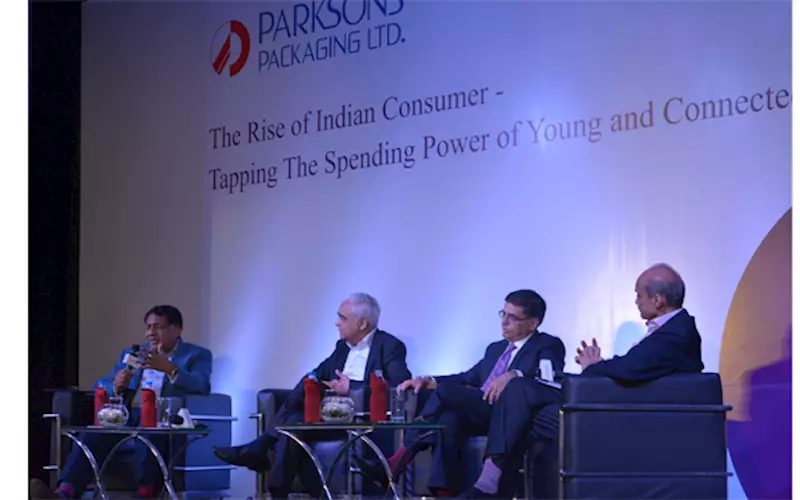

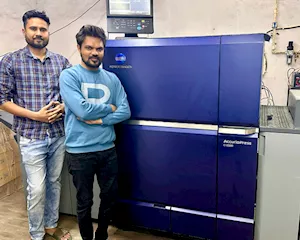
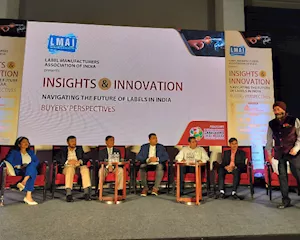
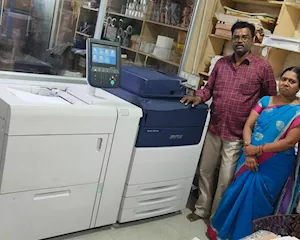
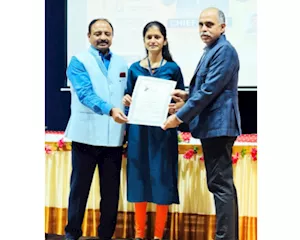







 See All
See All